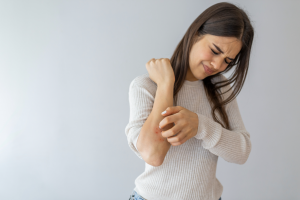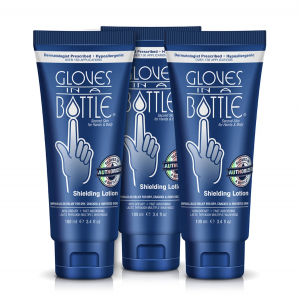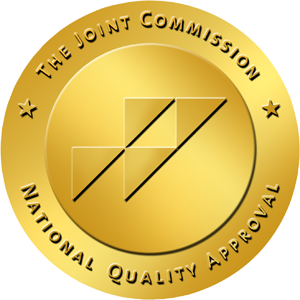Psoriasis: How Carmichael’s Pharmacists Can Help with Relief
 August is designated as Psoriasis Action Month, which was created to promote awareness of the disease and to provide information and resources for people living with psoriasis. The purpose of this blog post is to inform our current and future customers about what psoriasis is and how Carmichael’s Retail and Compounding Pharmacies can assist with medication needs. Psoriasis is a constantly recurring skin condition that causes symptoms such as flaking, inflammation, and red, scaly patches of skin called lesions. It can range from being localized to covering the entire body and can sometimes crack and bleed.
August is designated as Psoriasis Action Month, which was created to promote awareness of the disease and to provide information and resources for people living with psoriasis. The purpose of this blog post is to inform our current and future customers about what psoriasis is and how Carmichael’s Retail and Compounding Pharmacies can assist with medication needs. Psoriasis is a constantly recurring skin condition that causes symptoms such as flaking, inflammation, and red, scaly patches of skin called lesions. It can range from being localized to covering the entire body and can sometimes crack and bleed.
Forms of Psoriasis
In most patients, something triggers a psoriasis flare that causes skin cells to grow abnormally fast, which leaves a buildup of skin cells on the surface. Psoriasis lesions can show up anywhere on the body and are considered either mild, moderate, or severe:
- Mild psoriasis affects less than 3 percent of the body.
- Moderate psoriasis affects between 3 and 10 percent of the body.
- Severe psoriasis affects more than 10 percent of the body.
Psoriasis can develop at any age, and it is not contagious. Plaque psoriasis, the most common form of the disease, usually appears on the elbows, knees, and scalp. Several other forms of psoriasis are:
- Erythrodermic psoriasis, characterized by bright red, itchy skin and shedding of scales in sheets. Immediate medical treatment is suggested for this form of psoriasis because it can lead to severe illness.
- Guttate psoriasis, characterized by small, red spots on the arms, legs, and torso.
- Inverse psoriasis, characterized by bright red lesions that appear under the armpits and breasts, and on the groin area.
- Pustular psoriasis, characterized by red, scaly skin with tiny pustules on the palms of the hands and/or feet.
Psoriasis Treatment
Although there is no cure for psoriasis, it responds well to topical treatments applied to the skin, which are often the first treatment recommended to a newly diagnosed person. A dermatologist may also prescribe systemic treatments, drugs that are taken orally, by injection, or by infusion, for moderate-to-severe psoriasis. Additional types of treatment are complementary and integrative therapies and phototherapy (UV light therapy) that involves regularly exposing the skin to ultraviolet light under medical supervision. A doctor will consider the extent of a patient’s psoriasis when deciding the best course of treatment.
Carmichael’s Retail and Compounding Pharmacies in Crowley can help psoriasis patients with medication needs. Customers can fill their oral prescriptions at our Retail Pharmacy, as well as talk to a pharmacist. With a doctor’s prescription, our Compounding pharmacists can create individual dermatological treatments in the form of creams, lotions, and more to meet the specific needs of the individual patient. We have a selection of over-the-counter products that contain calamine, hydrocortisone, or antihistamines to relieve itching, including Gloves in a Bottle shielding lotion. It is vegan, cruelty free, dermatology tested and prescribed, and helps protect the skin against allergens and irritants. Contact or visit us soon to see how we can help alleviate your psoriasis itch.





 Accredited/Certified by The Joint Commission
Accredited/Certified by The Joint Commission